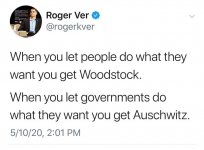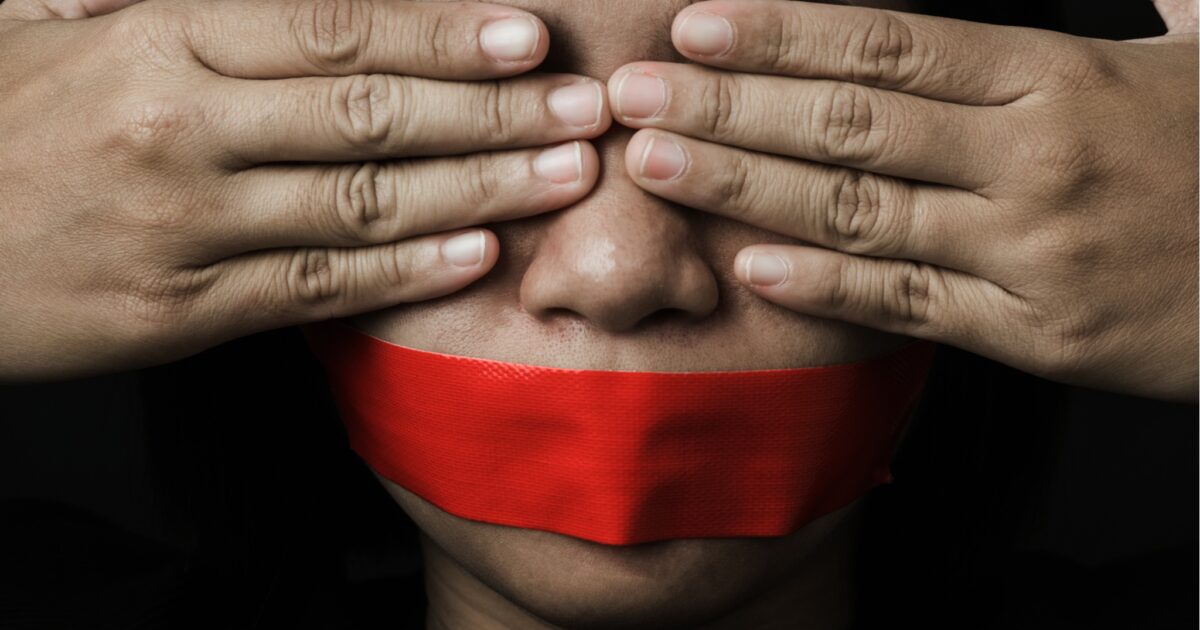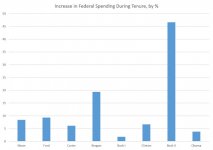The founding fathers of this country created a system of checks and balances to try to keep that problem at bay with government. It doesn’t always work perfectly, but it does a reasonable job most of the time.
Actually, the experiment has been an enormous failure. Compare the size and scope of the federal government in 1800 to the monstrous state that it has become.
The big corporations and the complete free market were getting out of hand early on in the industrial Revolution and the gilded age- and that’s when government had to step in with some checks, balances, and regulations- like anti-trust laws, child labor laws, allowing unionization, etc…
It is inconsistent to support both unions and antitrust laws. The purpose of antitrust laws are to promote competition, while the purpose of labor cartels is to eliminate competition among workers. You either support competition in the marketplace or you don't:
"Problems relating to the application of antitrust law to labor result from a basic incompatibility between two public policies: the first, embodied in the sherman act of 1890, prohibits efforts by anyone to monopolize or restrain competition in the product market; the second, embodied in the norris-laguardia act of 1932 and the wagner act of 1935, permits workers to combine into unions in order to bargain collectively with employers.
collective bargaining necessarily assumes, however, the elimination of competition between employees in dealings with their employers; hence the unions' need to achieve a monopoly of the labor market. The ultimate goal of every union is to remove wages, hours, and working conditions as factors in the competition between employers."
LABOR AND THE ANTITRUST LAWSProblems relating to the application of antitrust law to labor result from a basic incompatibility between two public policies: the first, embodied in the sherman act of 1890, prohibits efforts by anyone to monopolize or restrain competition in the product market; the...

www.encyclopedia.com
Regarding child labor, the only thing that has worked to stop child labor is the wealth created by capitalism. If you pass a stupid law preventing kids from working in poor countries, they just end up dealing drugs or becoming prostitutes:
Here's the very liberal Paul Krugman:
"In 1993, child workers in Bangladesh were found to be producing clothing for Wal-Mart, and Senator Tom Harkin proposed legislation banning imports from countries employing underage workers. The direct result was that Bangladeshi textile factories stopped employing children. But did the children go back to school? Did they return to happy homes? Not according to Oxfam, which found that the displaced child workers ended up in even worse jobs, or on the streets—and that a significant number were forced into prostitution."
Paul Krugman Reckonings column says that while facts of globalization are not always 'pretty,' involving low wages and 'awful' working conditions in third world, that does not mean anti-globalization demonstrators are right; details their record of 'hurting the very people' they wish to help...

www.nytimes.com
I am not sure why people who are so mistrustful of the former, seem to think the latter does not need any similar oversight. None of this is magic. You just have to have good systems in place to pit everything against each other to keep them all in check. That way, the consumer/citizen just the best of both worlds, without having to suffer the excesses of either.
Really? You really don't know why people are so mistrustful of the state?






